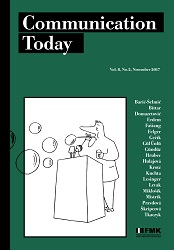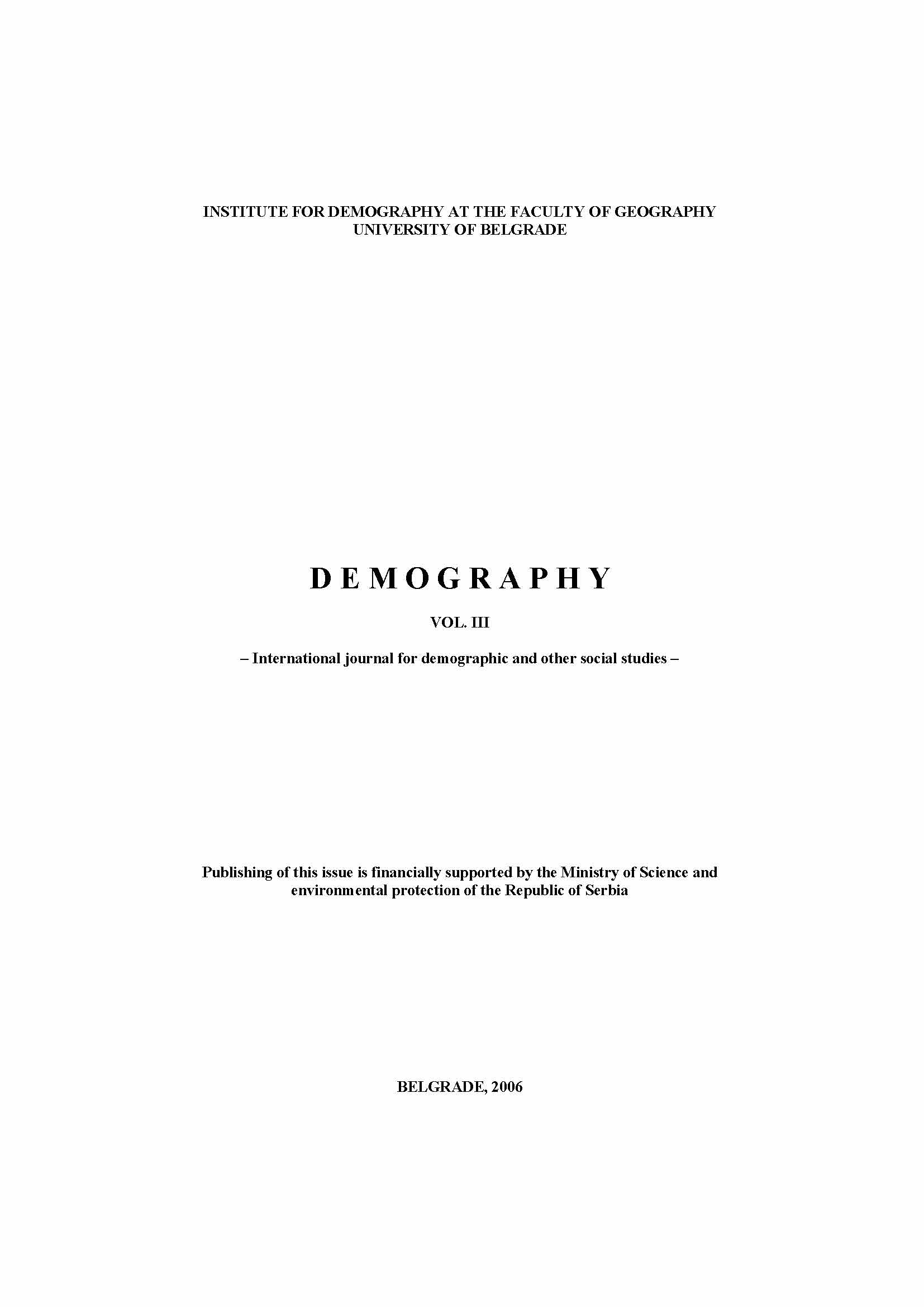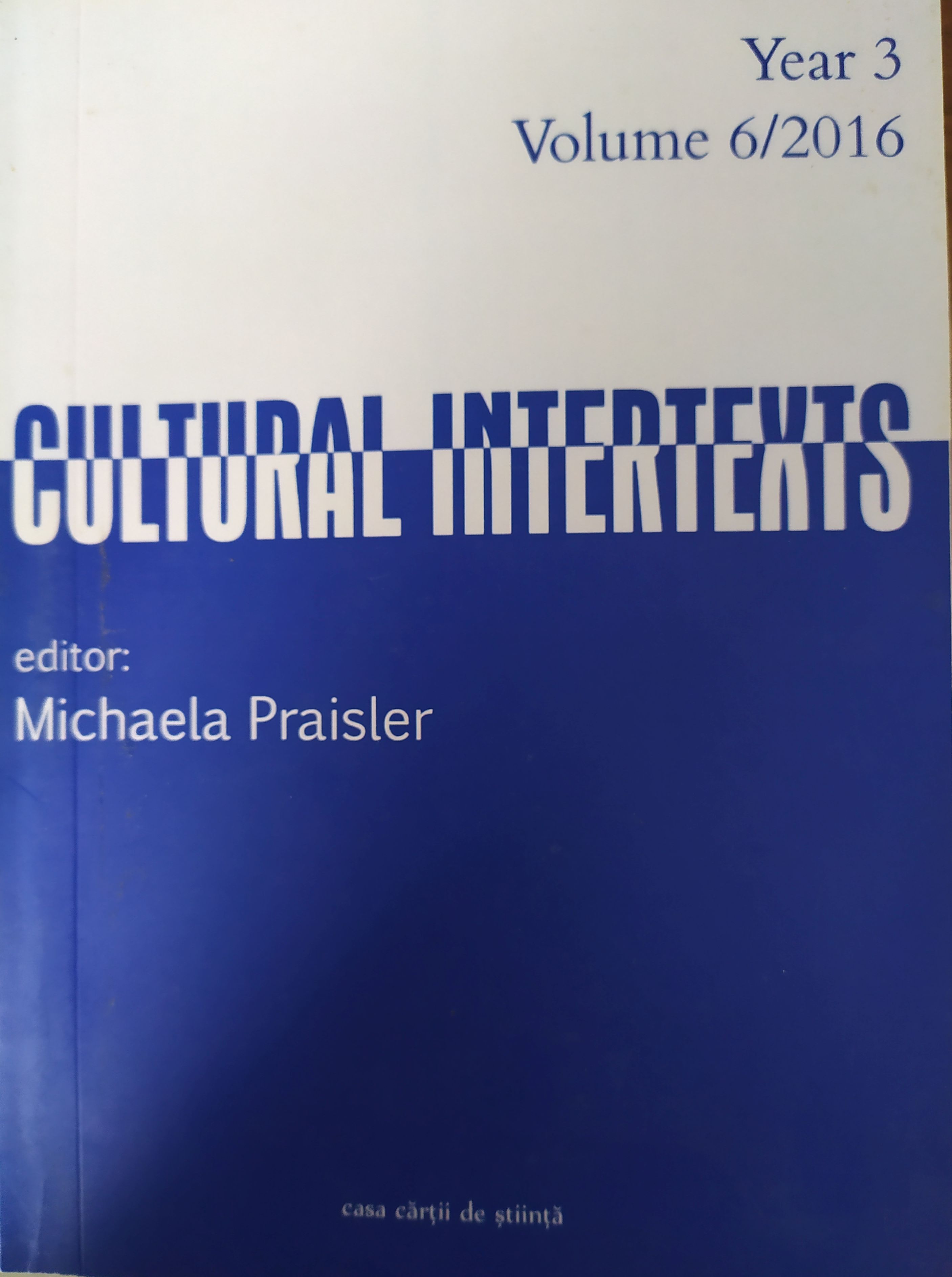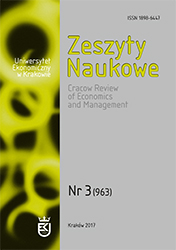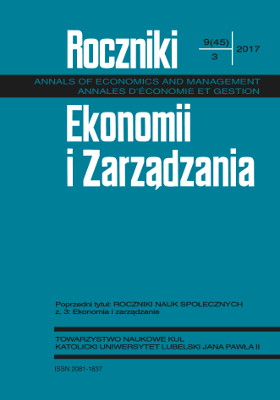
Katolickiego Uniwersytetu Lubelskiego Jana Pawła II Zagrożenia dla równowagi życie zawodowe a prywatne w kontekście wymagań stawianych współczesnym pracownikom
The increase of demands towards employees caused by the fast development of technology, globalization processes, development of economy based on knowledge and, at the same time, functioning of employees in the conditions of job security absence, contributed to such phenomena such as workaholism or professional burn-out. These phenomena contribute to a dysfunction of balance between working and private life, which can be seen in the context of neglecting private life in favour of work. They lead to health loss, domestic conflicts and lack of life satisfaction. Moreover, in order to devote themselves to work, some people postpone the decision of setting up and expanding their families.
More...
